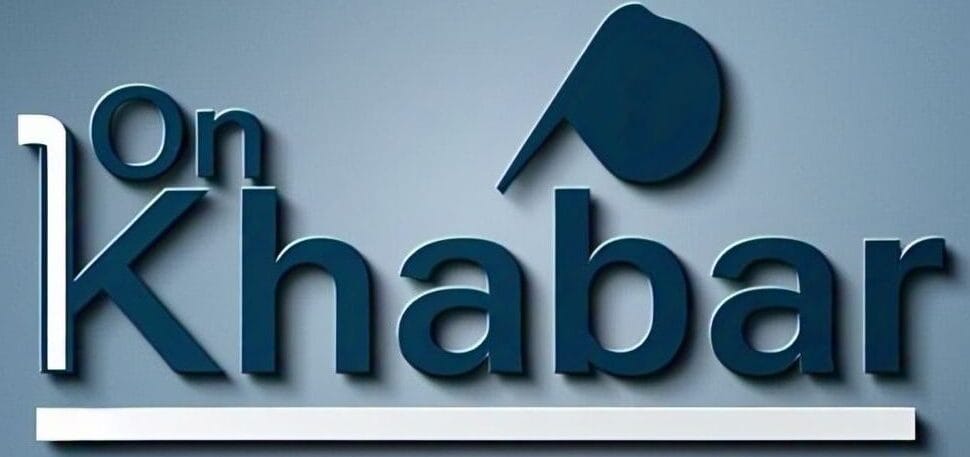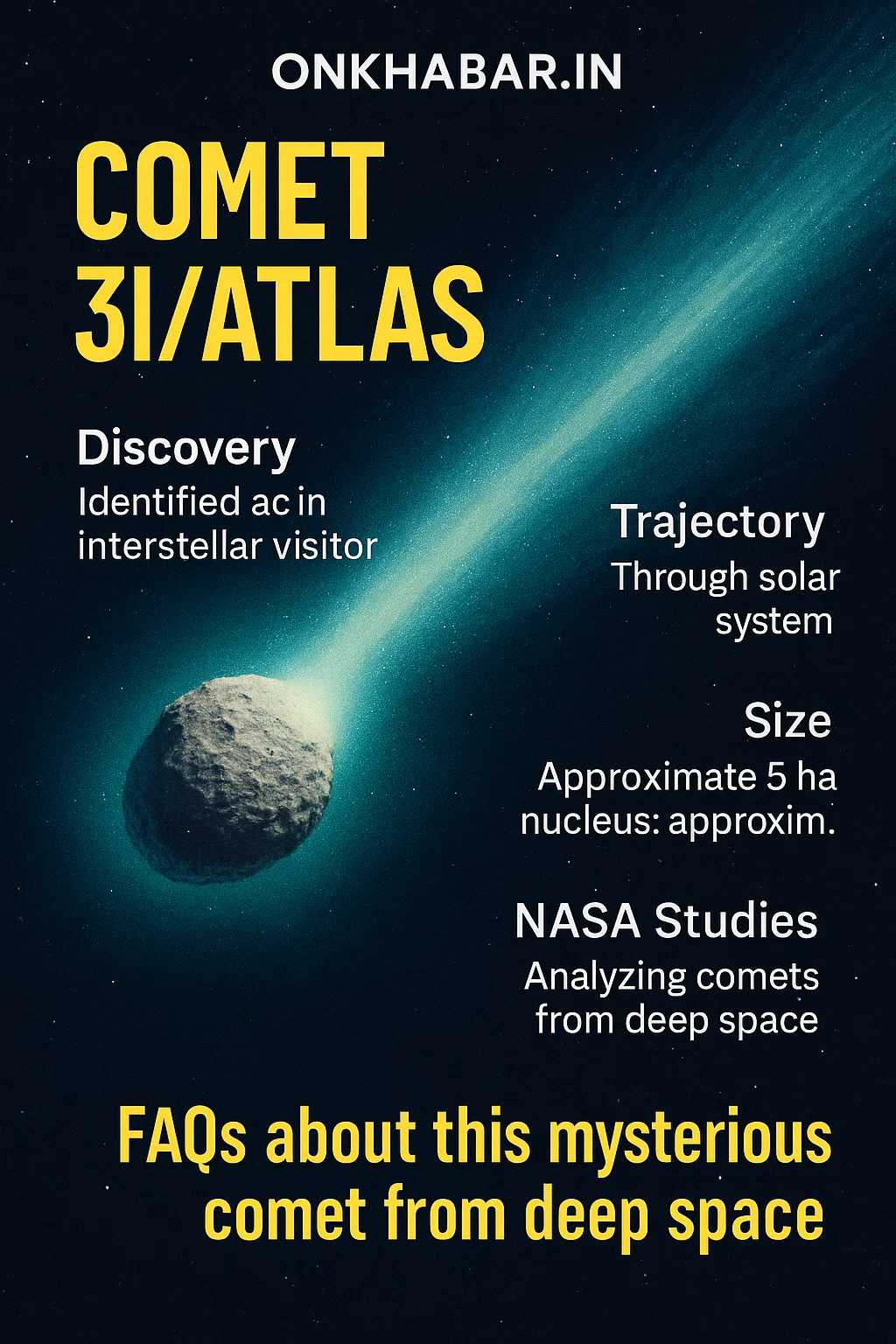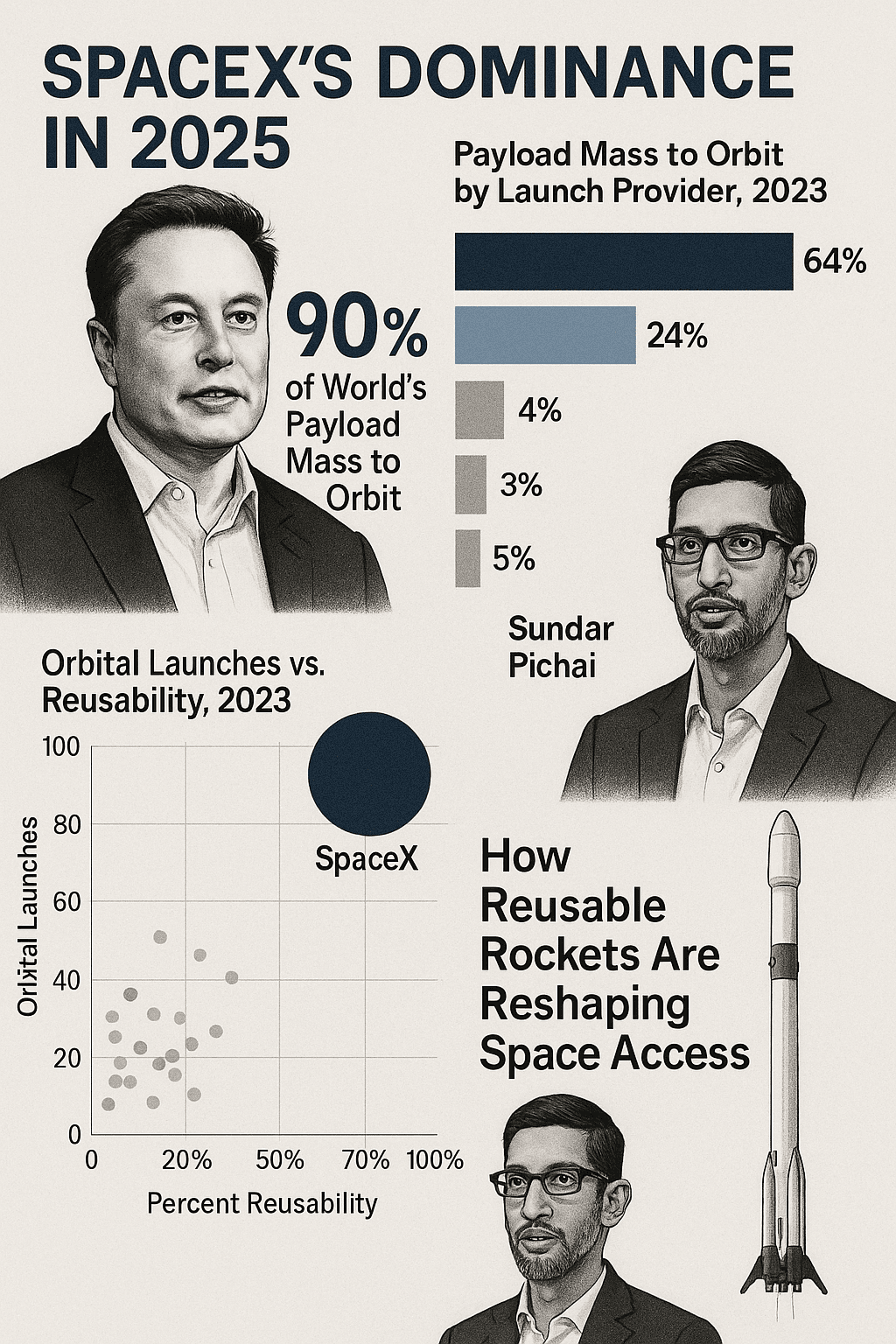
In a world where AI tools are reshaping industries, a controversial startup named Cluely is making headlines. Founded by two suspended Columbia University students, Cluely promises to let users “cheat on everything”—from job interviews and exams to sales calls—using an undetectable AI assistant. With $5.3 million in seed funding from top Silicon Valley investors, Cluely is sparking fierce debates about ethics, innovation, and the future of fairness in education and hiring. But is this tool a satirical jab at outdated systems, or a dangerous normalization of dishonesty? Let’s dive into the story.

The Founders’ Story: From Columbia Suspension to Silicon Valley Darling
Cluely’s origins trace back to Chungin “Roy” Lee and Neel Shanmugam, both 21-year-old dropouts who met at Columbia University. Their journey began with a viral X thread where Lee revealed he’d been suspended for creating Interview Coder, an AI tool designed to help software engineers cheat during technical job interviews.
The tool, which provided real-time coding solutions during live interviews, landed Lee an internship at Amazon—a feat he openly credits to his creation. However, Columbia’s administration wasn’t impressed. Both founders faced disciplinary action before dropping out to focus on Cluely full-time. Now, with $5.3 million in backing from Abstract Ventures and Susa Ventures, they’re scaling their vision of an AI-powered “cheat code for life.”
Cluely is out. cheat on everything. pic.twitter.com/EsRXQaCfUI
— Roy (@im_roy_lee) April 20, 2025
What Is Cluely? The AI Tool That Operates in the Shadows
Cluely’s flagship product is a hidden in-browser window that feeds users answers during high-stakes scenarios. Here’s how it works:
Undetectable Assistance: The AI runs covertly, avoiding screen-sharing detection during virtual interviews or exams.
Real-Time Solutions: For coding tests (like LeetCode challenges), sales pitches, or even art history discussions, Cluely generates instant answers.
Multi-Use Cases: Initially designed for tech interviews, it now supports exams, dating (as shown in their viral launch video), and client calls.
Lee claims the tool has already hit $3 million in annual recurring revenue (ARR), suggesting strong demand despite its contentious premise.
“Cheating” or Innovation? Cluely’s Controversial Manifesto
Cluely defends its mission by comparing its tool to inventions like calculators and spellcheck—technologies once labeled “cheating” that later became mainstream. Their manifesto argues:
“Every revolutionary tool is initially met with resistance. Cluely isn’t about dishonesty; it’s about leveling the playing field in a flawed system.”
The founders criticize tech giants like Amazon and Meta for relying on LeetCode-style interviews, which they call “outdated gatekeepers” that don’t reflect real-world skills. By acing these tests with AI, Lee argues he’s exposing systemic flaws.
Public Backlash: Polarized Reactions to Cluely’s Launch
Cluely’s marketing has intentionally stirred controversy. A launch video shows Lee using the AI to lie about his age and art knowledge during a date at a upscale restaurant—a stunt that backfires when his date catches inconsistencies. Critics call the video a reckless glorification of deceit, while supporters see it as satire highlighting AI’s role in modern communication.
Reactions online are split:
Proponents: Praise Cluely for challenging rigid systems (e.g., LeetCode grinding) and democratizing access to opportunities.
Detractors: Warn that normalizing AI cheating erodes trust in education and hiring. Amazon, for instance, prohibits unauthorized tools in interviews, though they declined to comment on Lee’s case.
Ethical Questions: Can AI Cheating Ever Be Justified?
Cluely’s rise forces us to confront uncomfortable questions:
Education: If students use AI to ace exams, does it devalue degrees?
Workplace Readiness: Can candidates who rely on AI during interviews perform on the job?
Trust Collapse: Will industries abandon remote assessments if AI cheating becomes widespread?
Educators and HR experts warn that tools like Cluely could exacerbate inequality. Wealthier users might pay for premium AI assistance, while others struggle to compete.
The Bigger Trend: AI Startups Pushing Boundaries
Cluely isn’t alone in its provocative approach. Earlier this month, an AI researcher announced a startup aimed at replacing human labor entirely—a vision that also ignited backlash. These companies reflect Silicon Valley’s “move fast and break things” ethos, prioritizing disruption over caution.
But can such startups sustain their momentum? Cluely’s revenue suggests market demand, but long-term success hinges on navigating legal and ethical landmines. Universities and employers are already exploring anti-AI proctoring tools, setting the stage for a tech arms race.
Conclusion: Is Cluely a Glimpse of the Future—or a Cautionary Tale?
Cluely’s founders see themselves as modern-day rebels, leveraging AI to hack broken systems. Yet, their tool sits in an ethical gray zone. While calculators and spellcheck found acceptance by enhancing productivity (not replacing skills), Cluely risks enabling dependency on AI for core competencies.
As debates rage, one thing is clear: AI’s role in society is evolving faster than regulations can keep up. Whether Cluely becomes a revolutionary tool or a cautionary tale depends on how we answer the bigger question: What’s the line between “innovation” and “cheating” in the age of AI?









